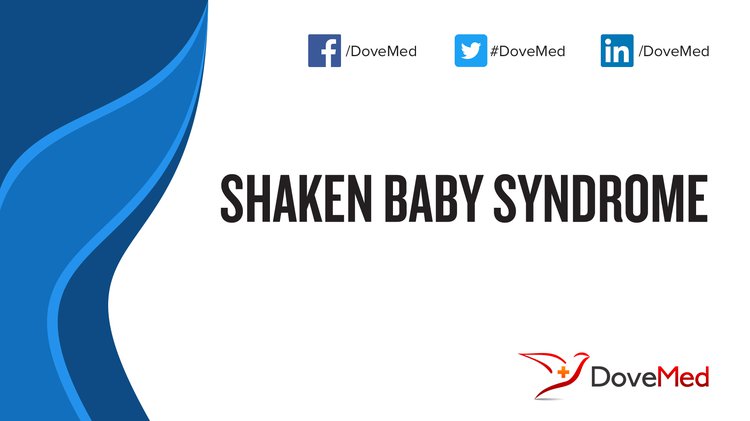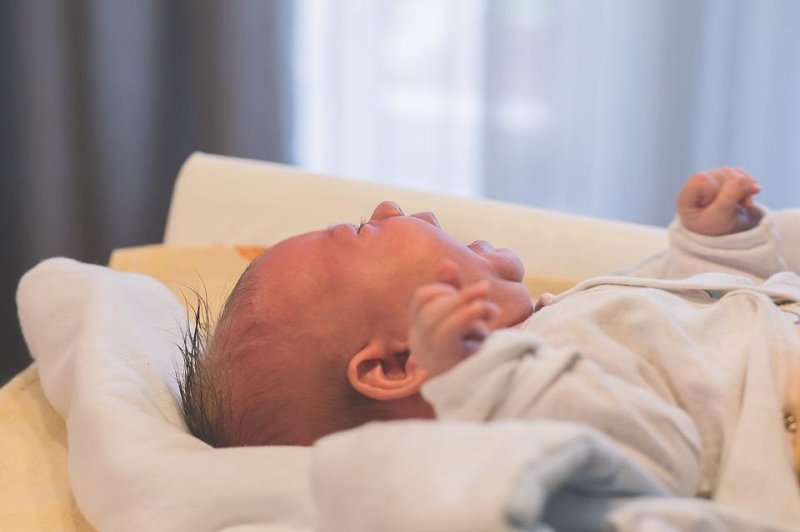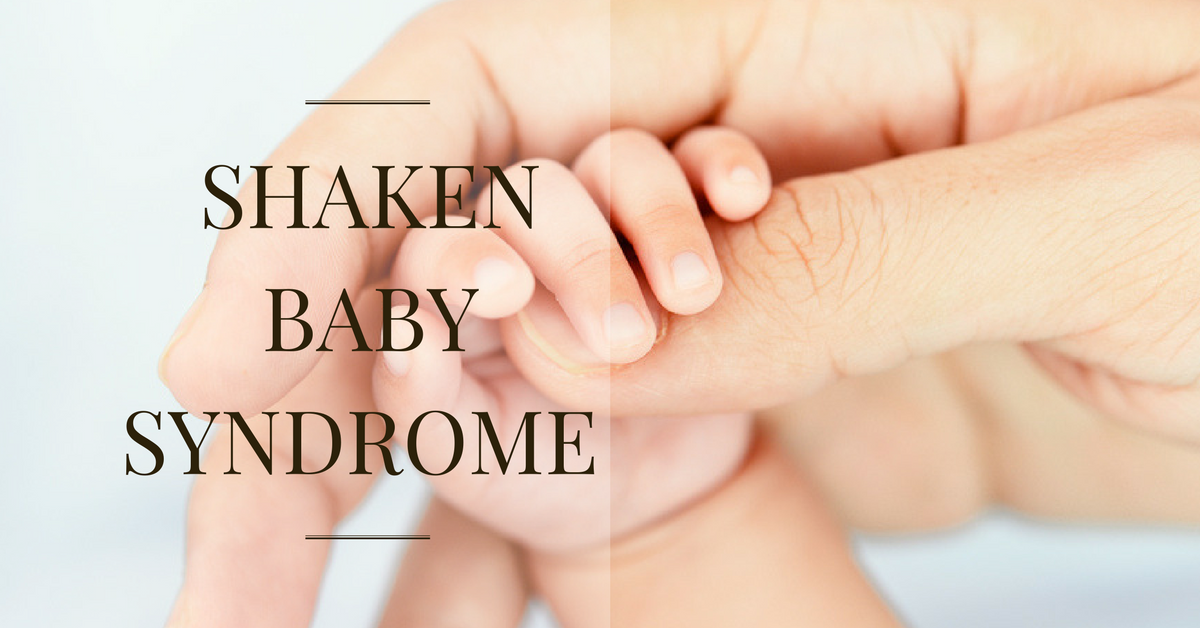

In the best interests of the child, correct diagnosis of infant abuse comprises the ethical principles of beneficence, non-maleficence and justice. The authors declare no other competing interests exist. This does not alter our adherence to PLOS ONE policies on sharing data and materials.

The research group has participated in peer support and advocacy group work through Riksförbundet för Familjers Rättigheter (National Association for Families Rights). This is an open access article distributed under the terms of the Creative Commons Attribution License, which permits unrestricted use, distribution, and reproduction in any medium, provided the original author and source are credited.ĭata Availability: All relevant data are within the manuscript and its Supporting Information files.įunding: The authors received no specific funding for this work.Ĭompeting interests: UH and GH have given expert witnesses in court. Received: ApAccepted: JanuPublished: February 20, 2020Ĭopyright: © 2020 Högberg et al. PLoS ONE 15(2):Įditor: Janhavi Ajit Vaingankar, Institute of Mental Health, SINGAPORE Unanimously, they had experienced the authorities’ inability to reconsider, and expressed a deep mistrust of paediatric care.Ĭitation: Högberg U, Eriksson G, Högberg G, Wahlberg Å (2020) Parents’ experiences of seeking health care and encountering allegations of shaken baby syndrome: A qualitative study. The fourth, ‘The wounded posttraumatic growth’, describes the emotions, grief, panic, anxiety, and challenges in reuniting the family, but also the parents’ reflections on personal growth. The third, ´The unified fight against the doctors’ verdict´, illustrates the parents’ fight for innocence, their worry for the lost child, and their support and resistance. The second, ‘Chaos and powerlessness’, refers to the emotions experienced when losing custody of the child and being caught in the enforcement of legislation by the authorities. The first sub-theme, ‘Being accused of injuring the child’, illuminated the shock experienced when seeking care and instead being accused of being a perpetrator.

An overarching theme ‘Fighting for protection of their child after being trapped by doctors’ and four sub-themes were developed to reflect the parents’ experiences, reactions and interpretations.


 0 kommentar(er)
0 kommentar(er)
